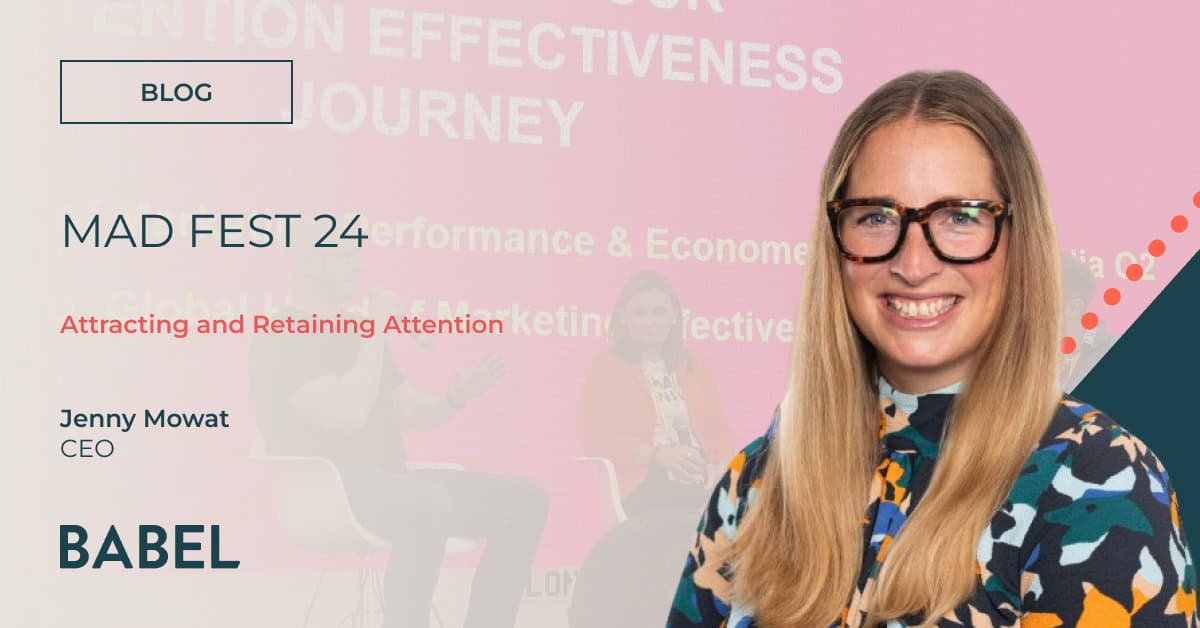
Risky business: the increasingly complex reputation landscape
Reputation has always been a tricky business to be in. Maintaining and managing relationships between individuals and organisations and their stakeholders has been around far longer than the industry that has commercialised the practice. As the public relations craft continues to evolve at such a breakneck pace, communications professionals must constantly upskill to keep abreast of the latest developments and serve their organisation’s best interests.
In recent years the communications industry has grown as the value of reputation and relationships is better understood by business. Indeed, the latest PRCA census estimated the PR sector as contributing some £15.7 billion to the UK economy. However, that growth hasn’t all come about just because more people are realising the benefits of investing in reputation management – it’s also that there is more management to do.
Communications has become increasingly complex in recent years, for a number of reasons. However, three specific trends dominate this shift – the increasing number of threat vectors, new and emerging risks, and changing information consumption habits.
Today’s professional communicators need to be mindful of these trends, and many more besides, to effectively navigate the risk landscape of the day and create business advantage through stakeholder and relationship management. This is why Babel places such a high value on training and continuous professional development (CPD), to ensure our team of expert consultants are up-to-speed with the latest thinking and able to help our clients navigate the increasingly complex world they operate in.
Reputation threat vectors
The first major trend impacting communications complexity today is the proliferation of new channels. There are new apps for messaging, social engagement, and content creation popping up all the time – some last, others do not. However, all present questions for communicators – one being ‘is there value in being present in these new spaces?’
Many of these new channels may not warrant an organisational presence – at least until they are more established – but some may present advantages for early adopters. Communicators will need to weigh up the benefits with care and consideration, evaluating whether there is justification for investment of time and resources in these new channels.
Much has been written about the rise and fall of platforms like Clubhouse and Parler over the past 12 months, but even channels considered ‘failures’ or those that haven’t really taken off present issues for communicators. A corporate presence on highly polarised channels, like Parler, can imply an alignment of values or politics that can impact how that organisation is perceived, so even dormant profiles on problematic platforms must feature on communicator’s risk radars.
It’s not just corporate presence on new channels that can muddy reputations either. Employees’ presence on these platforms – whether they are discussing their employer or controversial topics – can present issues too. Even the general public, discussing an organisation and its actions, can have an impact on reputation. For some organisations this may mean tracking and monitoring conversations on newer, niche platforms is a necessity, even if the company has no presence there.
These new or niche channels will present different risks for different businesses, but they cannot be ignored without some due diligence being conducted.
New and emerging risks
The second major trend resulting in increased communications complexity is the emergence of new risks. This isn’t necessarily that these risks haven’t existed in the past, but they may now be attracting more scrutiny and/or the adverse reputational impact of being on the ‘wrong side’ of these issues is more severe.
Take ESG for instance – it’s not a new thing. Even during the industrial revolution factories and mills dumping waste into the water course angered local residents and created civil unrest, making it harder to recruit labour and source materials. The difference between then and now is the balance of power and consequences of bad practice. Businesses that perform poorly on ESG metrics today may face similar challenges around talent acquisition or working with suppliers. However, in a much more competitive environment where the balance of power is more even between employer and employee, this could be the making or breaking of their business. Similarly, for businesses looking to grow, showcasing strong performance on ESG metrics can open doors to the capital needed to finance expansion. Conversely, poor performance can severely limit the amount and sources of capital a business can tap into.
And it’s not just ESG that carries this kind of weight – the pressures to behave in a certain way come from all sides, with positive and negative reinforcement from consumers, as well as business and financial stakeholders. All parts of this ecosystem are more willing to speak out and call for behaviour change too, so communicators need to assess where there may be exposure to new risks and consequences and advise those in a position to change the situation accordingly.
Whether that exposure relates to ESG performance, or the alignment of ethics and values, or something else entirely, today’s professional communicators need to be attuned to the risk environment. Not only that, but they need to be able to hold a mirror up to the organisation and its leaders, advise them of the likely reputational and business impact of various scenarios, and help chart the most advantageous course forward.
This type of work and the rapidly evolving landscape requires communicators to combine strong business acumen with an increasingly broad knowledge and understanding of risks and their consequences.
Reputation management challenges
The third major trend is the change in the way information is presented, and stories are told and propagated. The days of Ivy Lee-style press conferences being used to ‘manage’ media coverage are long gone – they have been for some time. However, as new channels, sources of influence, and gatekeepers of knowledge emerge, the way that communicators work to mitigate reputation risk and tell their clients’ stories needs to change too.
While for some businesses, the impact of the changing media and storytelling landscape may be minimal, there are others that will undoubtedly feel the change. Companies whose operations inherently court controversy in highly regulated industries might now need to be wary of activists communicating and coordinating action on niche channels, or come under fire in reporting from Open-Source Intelligence (OSINT) specialists. Tweets from anonymous bad-faith actors can be embedded in stories from major international publications and could result in share price swings. Confidential data obtained from whistleblowers could be published online in a little-known forum, and subsequently reported on by top tier media.
There is an abundance of risk, and very little recourse, in the market these days. In the past communicators may have been able to stem the flow of information and, at least to a certain extent, manage the fallout. Today, the work and skill set required is dramatically different.
It’s true that all of these trends present advantages when there is a positive story to tell – today there are more ways than ever to engage stakeholders – informing, educating, entertaining, and influencing their behaviour. However, if you are trying to limit the damage a negative story can have, it’s never been more challenging.
Whatever story you want to tell, it’s critical to work with communicators that recognise this and work to ensure they’re always at the top of their game. At Babel, we live and breathe CPD to ensure all of our team have the tools, training, and know-how to deliver the best work for our clients. Our combination of structured training and development plans and a culture where team members can request budget and resources for training that interests them, means we’re always abreast of the latest trends and well-placed to design PR plans around them.
If you have a communications challenge you’re grappling with, but aren’t quite sure of the way forward, drop us a line and take the counsel of our expert technology communications consultants.





